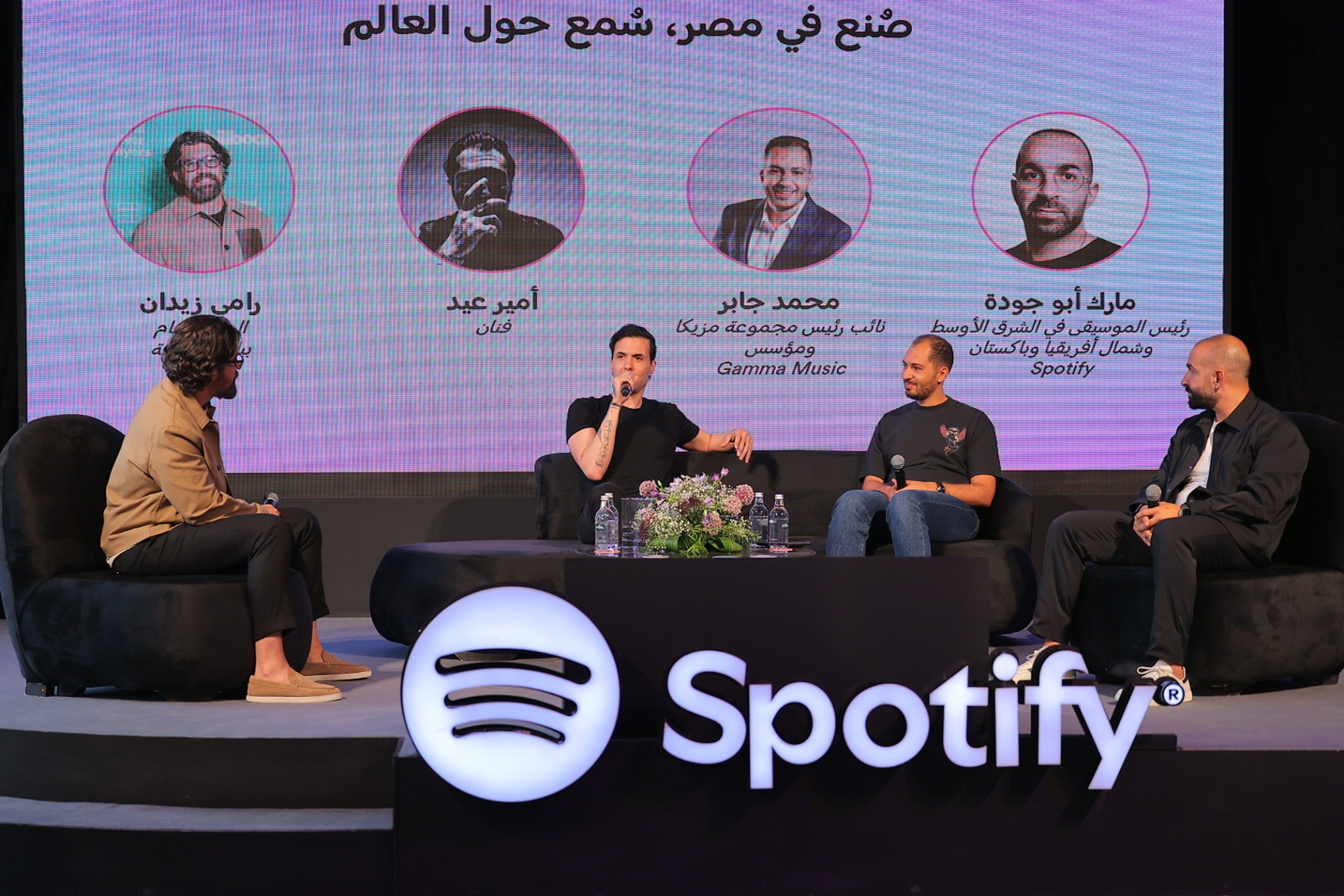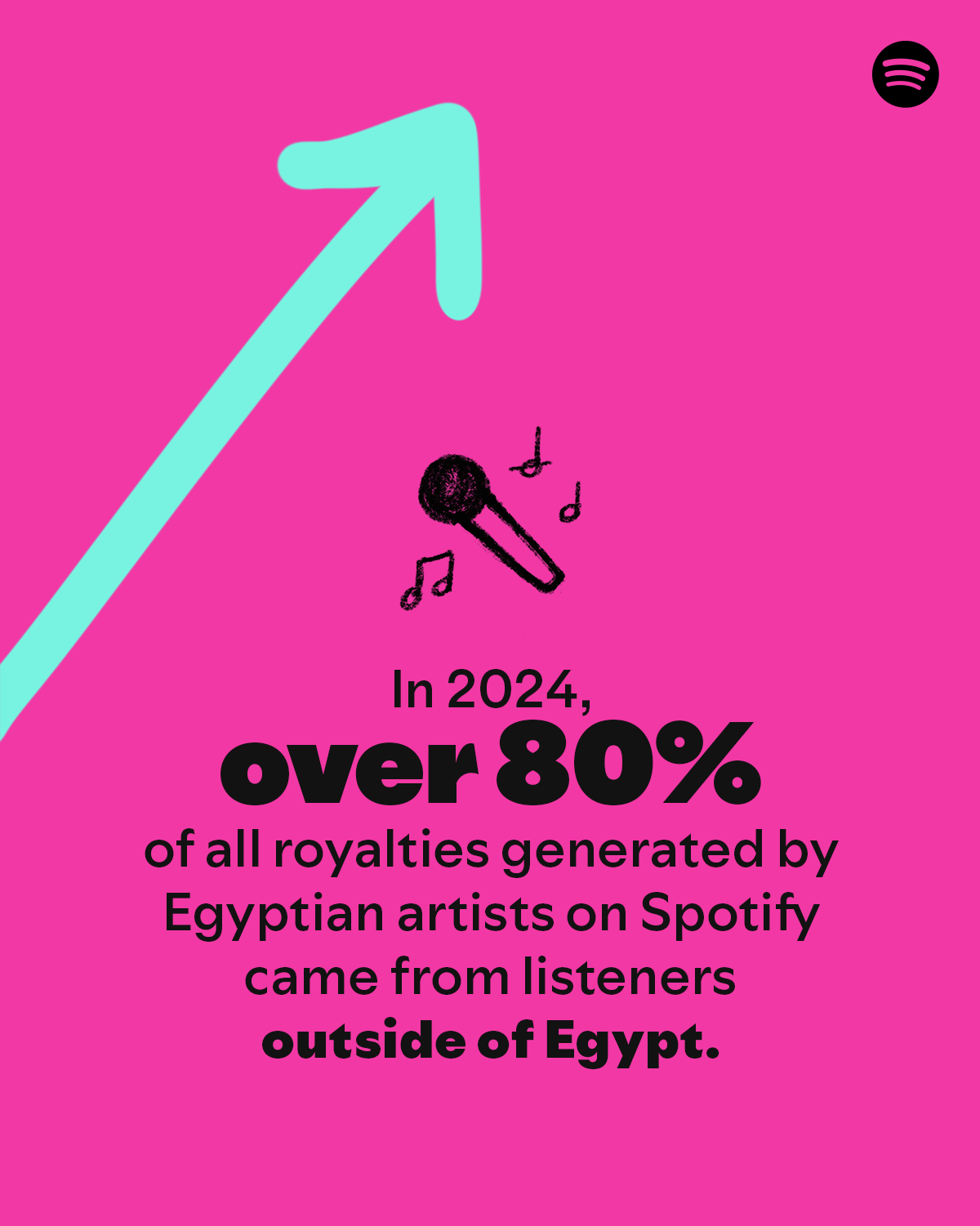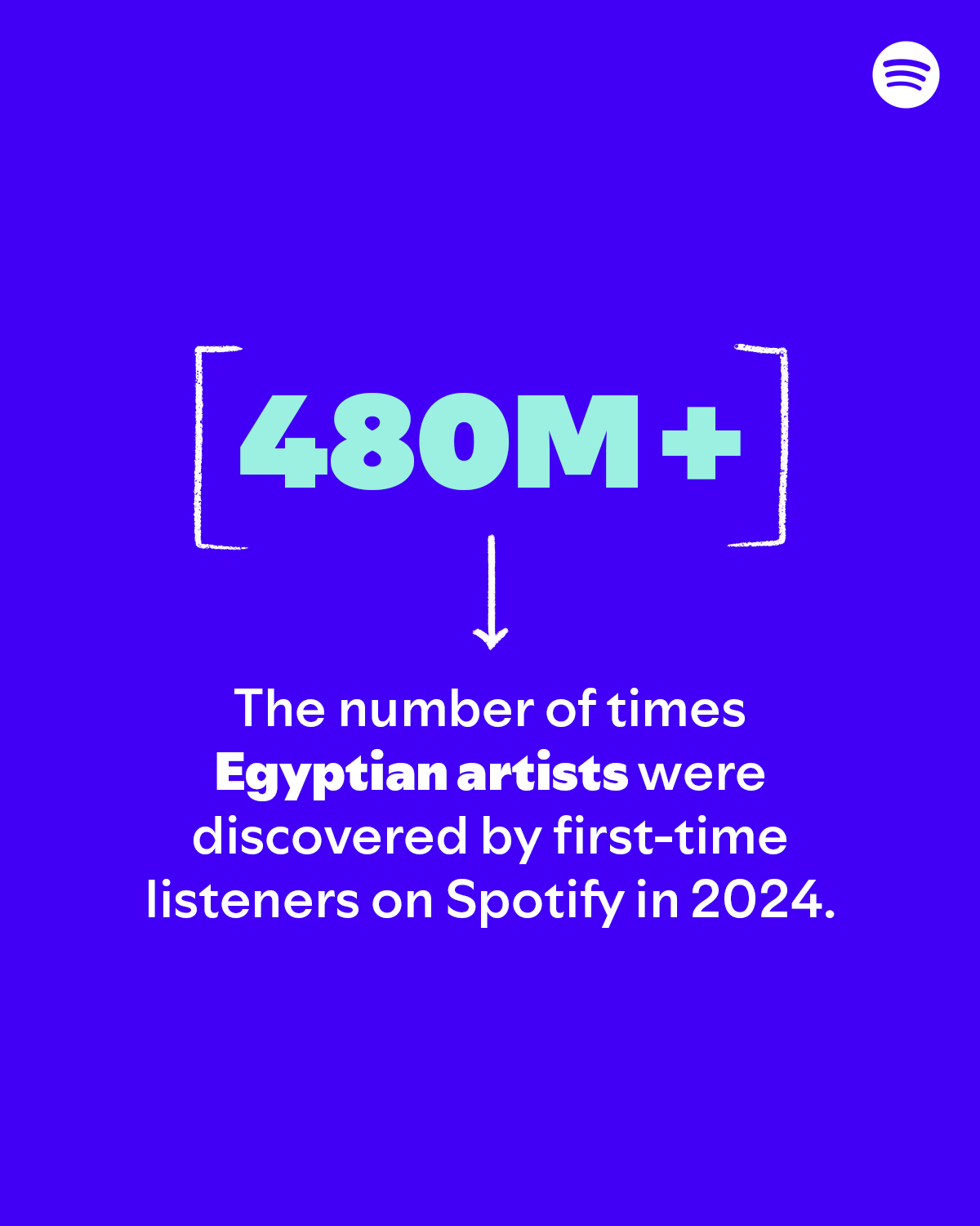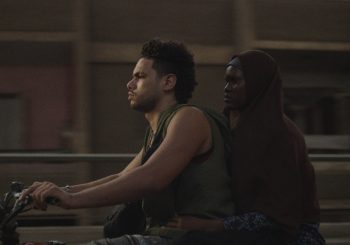When the legendary Umm Kulthum performed in Paris in 1967, she was asked which monument she visited most in the city. She named the Luxor Obelisk at Place de la Concorde, which was transported from Egypt to Paris in 1833. When asked why, she replied with a smile: “It’s ours.”
Even while in Paris, Umm Kulthum made it known that her identity remained rooted in Egypt. Her music was local, her dress was local, but most of all, her heart was deeply local, never bending or reshaping itself for international approval. She did not perform for the outside world by becoming someone else; she brought the world to her, as she was.
Many years later, icons like Umm Kulthum still provide lessons in how Arab stars reached global fame simply by being themselves, without altering their image or sound to suit global tastes. And today, with the rise of digital platforms like Spotify, there are more opportunities than ever for local Arab artists to take their sound to the world, just as they are.
From classical and pop to folk, funk, and hip-hop, Arabic music is poetic and deeply layered, unlike anything else in the world. Just as there is no Western equivalent to Umm Kulthum, the essence of Arabic music stands unmatched.
But two key challenges still stand in the way of it breaking into the global cultural stratosphere. The first is the pressure to keep up with fast-paced social media trends and the chase for virality. The second is the deeper challenge of reshaping how the world sees Arab music, moving beyond exoticism and Orientalist clichés to truly recognize its depth, range, and diversity.
Yet the tide may finally be turning.
According to Spotify’s 2025 Loud & Clear report, which was released for the first time in Egypt on World Music Day with an Egypt edition, Egyptian artists are not only reaching broader audiences, they are also growing their earnings. In 2024, royalties earned by Egyptian artists on Spotify doubled compared to the previous year, with a 100 percent rise between 2023 and 2024 alone.
Over 90 percent of those royalties went to independent artists or labels, and more than 80 percent of them came from listeners outside Egypt, and in places as far-flung as the United States, Germany, Indonesia, and Brazil. Egyptian music was also discovered 480 million times by first-time listeners on Spotify in 2024 alone, signaling a surge in global interest in local talent.
At the launch event for the report, which was held on Saturday, 21 June at Kamelizer, Mark Abou Jaoude, Spotify’s Head of Music for the Middle East, North Africa, and South Asia, highlighted Arabic music as one of the world’s fastest-growing genres.
“This is a pivotal moment for Egyptian music,” he said during the event. “The growth we’re witnessing isn’t just about numbers; it reflects a deeper shift in how artists are cultivating audiences, shaping careers, and leaving a cultural mark.”
While language has long been seen as one of the main barriers to Arabic music going global, Spotify’s report suggests that this is quickly changing. In 2024, Arabic ranked among the fastest-growing languages on the platform, reflecting a growing global appetite for music in local tongues.
In the past, artists relied on local radio and cassette tapes to share their music. For many Arabs living or traveling abroad, that meant packing their favorite cassette tapes in their luggage just to stay connected to the sounds of home. Yet today, with just a single click, audiences can discover Arabic music through a range of Spotify initiatives.
From RADAR Arabia to EQUAL Arabia and curated playlists like Fresh Finds Arabia, these platforms are spotlighting regional talent and helping artists build sustainable careers on their own terms. Backing this momentum, the IFPI Global Music Report named the Middle East and North Africa the fastest-growing recorded music market in the world in 2024, with streaming accounting for a staggering 99.5 percent of that growth.
Since the launch of Billboard Arabia in 2023, tracking the region’s top songs and artists has also become more accessible, not just through industry data but also through curated artist spotlights. The platform now features over 10 digital charts, including the flagship Billboard Arabia Hot 100.
There are also language-based and genre-specific charts, spotlighting music in Egyptian, Khaliji, Levantine, and Maghrebi dialects, as well as categories like Arabic Hip-Hop, Arabic Indie, Afro-Arab Fusion, and more.
“What’s really exciting is the rise of new voices, especially coming out of the hip-hop, indie, and Maghrebi scenes,” said Maha ElNabawi, Managing Editor of Billboard Arabia, during the event.
“Artists like Wegz, Elyanna, and Essam Sasa aren’t just young talents, they represent a wide spectrum of genres. And that, more than anything, is the story we’re seeing unfold every day across our platforms.”
But the goal is not just to go global for the sake of it; it is about redefining how Arabic music is seen and heard. It is not just a distant, exotic curiosity to be discovered, but an industry with real contributors and collaborators shaping the global music scene.
For years, Arabic music has been boxed into clichés, from belly-dancing imagery to overused Hollywood soundtracks, but its reality is far richer, more diverse, and more dynamic than those stereotypes.
“The world still doesn’t see Arabs as true partners in the music industry,” said Amir Eid, Egyptian singer and lead vocalist of the rock band Cairokee, during the event. “We’re often viewed as something exotic or ‘other’, not as real musicians. There’s little effort to truly understand our culture, and that perception needs to change.”
For Eid, the current music landscape presents a double-edged sword. While platforms like TikTok and Spotify offer global reach, they also push artists into performance-driven modes of creation, often reducing them to content machines.
“One of the biggest issues today is that we treat artists like brands. But an artist isn’t something you can package, it’s intangible,” he said. “The artist has to speak to themselves first before they speak to the world. But now, all the focus is on the rollout. Should it be a 15-second video? A full album? Should it drop on TikTok? This kind of pressure can kill the art inside us.”
He believes the solution starts with something simple but radical: honesty and self-expression. The more an artist is rooted in their own identity, the more that authenticity resonates with audiences around the world.
“To reach the world, you have to be very local, very real. When your work is rooted in something true, people feel it, no matter where they’re from,” he added.
Just like Umm Kulthum’s remark in Paris about the Luxor Obelisk, Arab artists do not need to shed their roots to be heard on the global stage; they can carry their home with them, wherever they go.










Comments (0)